
At the recent American Headache Society meeting, researchers detailed the manifold risks of opioid use in patients with migraine.

At the recent American Headache Society meeting, researchers detailed the manifold risks of opioid use in patients with migraine.
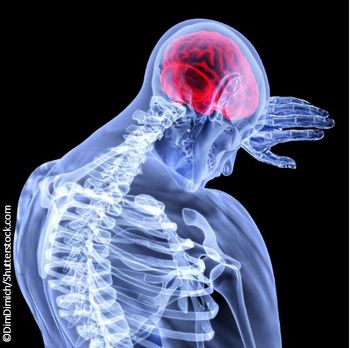
The latest advances in diagnosis and treatment are discussed in meeting presentations and recent studies and reviews.
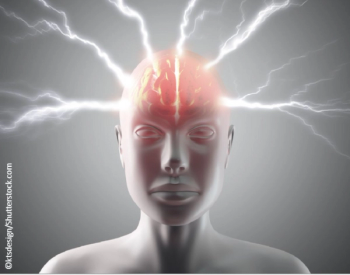
MAST study results, remote electrical neuromodulation for acute treatment, and noninvasive vagus nerve stimulation are featured topics.
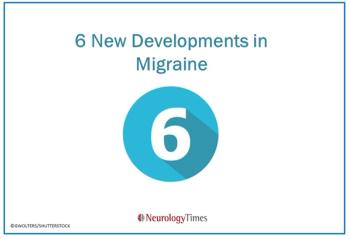
Food insecurity and migraine, anxiety sensitivity and migraine severity, supraorbital stimulation to prevent chronic migraine-find summaries of these and other recent findings here.
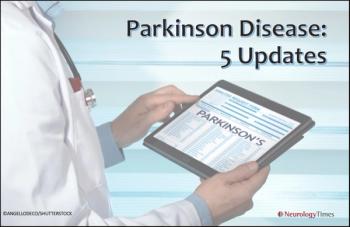
Pain related to more severe motor symptoms, phosphodiesterase 10A loss seen early, novel therapy shows promise, and other recent findings are summarized here.
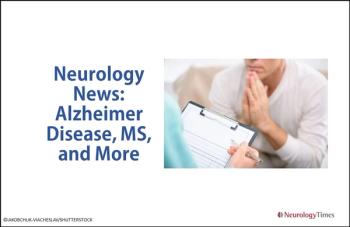
Alzheimer and circulating cholesterol linked, obesity has a big impact on MS, mild traumatic brain injury difficulties persist, and other recent findings are summarized here.
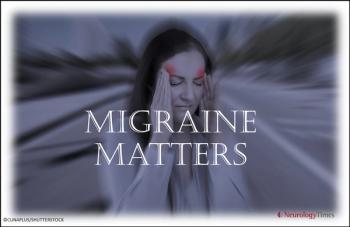
To kick off Migraine and Headache Awareness Month, the latest findings reported here may influence your approaches to diagnosis, treatment, and prevention and help you keep your patients informed.

Autism diagnostic stability starts early, much MS misdiagnosis and unnecessary medication, CBD reduces seizures in children, and other recent findings are summarized here.
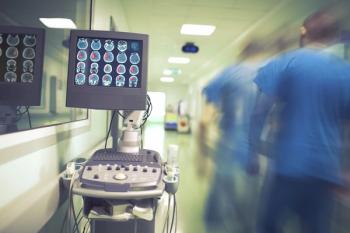
These new studies describe events and risks that go after, or before, the onset of symptoms.
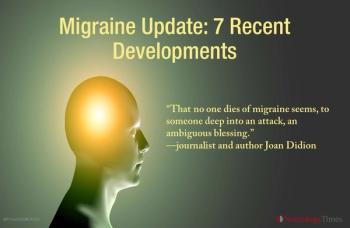
Cognitive deficits are gender based, opioids complicate prophylactic treatment, patients with migraine seen by ophthalmologists-find concise summaries of these and other findings here.
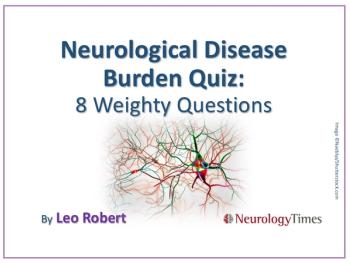
Take this brief quiz to test your knowledge of the increasing impact neurological disorders are having on patients’ health and well-being.
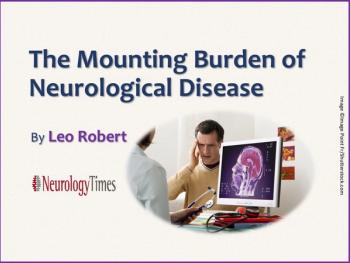
A new analysis provides a comprehensive update on this significant, and growing, cause of disability and death.
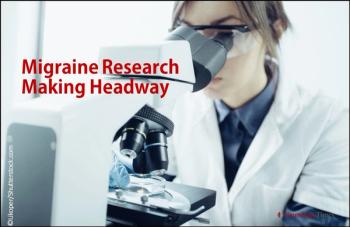
Investigators are looking for and finding new approaches to diagnosis, treatment, and prevention. Here: highlights of some of the latest findings.
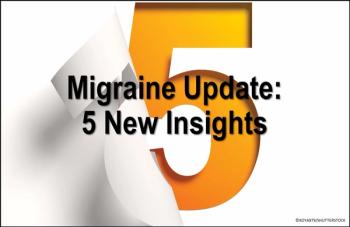
This brief slideshow provides concise summaries of key findings in recent studies.
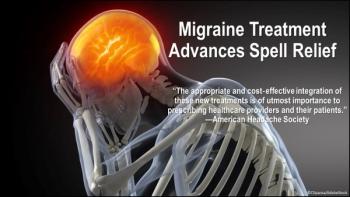
Find concise summaries of the latest management recommendations and research findings in this brief highlights slideshow.

Find the latest developments in epilepsy research on the pages that follow and test your knowledge by answering some of the difficult questions.
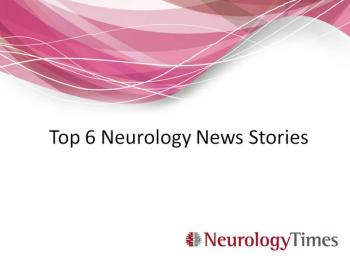
Advances in neurology science and patient care continue to make news even before the doors to the AAN 2015 Annual Meeting officially open on Saturday. These are the top stories.

A major advance in epilepsy treatment may be found in the first direct brain responsive neurostimulator, upcoming AAN meeting will have an epilepsy focus, and other top stories.

While a majority of persons with the 4 most common cancers are told the diagnosis, fewer than half of persons with AD get that kind of information. This could be a problem.
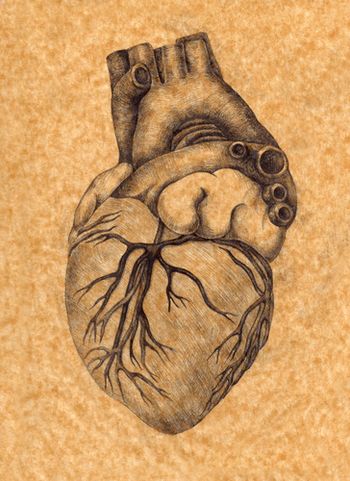
An FDA-approved drug for high blood pressure alleviates clinical symptoms of MS in mice, showing great promise for humans.
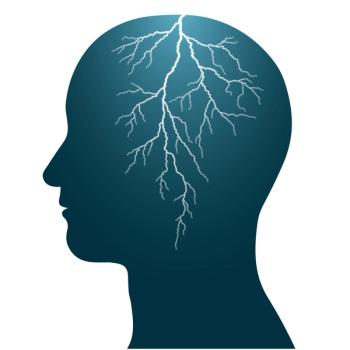
These review articles published in 2014 cover a variety of headache issues, and all are free courtesy of PubMed. Take a look.
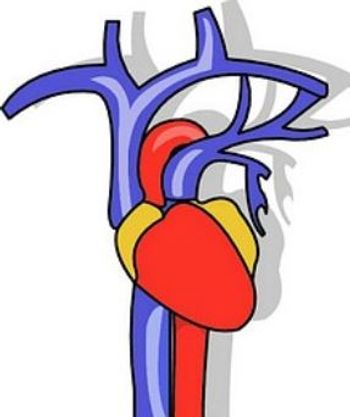
New research sheds light on epilepsy concerns, particularly the link between cardiac abnormalities and sudden unexpected death.
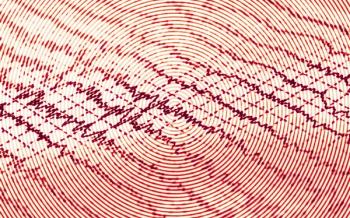
Get to the root of the latest research findings on nervous system disorders and test your brainpower with this quick 5-question quiz.

Study results suggest that more stimulating work environments may help people retain their cognitive abilities.

The use of a stroke emergency mobile unit speeds thrombolysis and thus improves short-term outcomes, with no risk to patients’ safety.
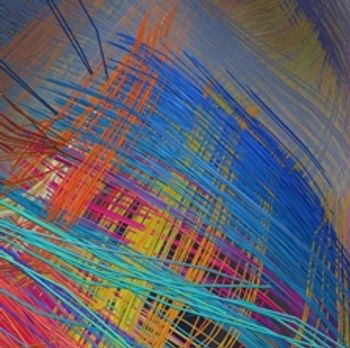
The latest scientific developments about the brain and how it works were presented this week at the annual meeting of the Society for Neuroscience. Potential new treatments were identified.
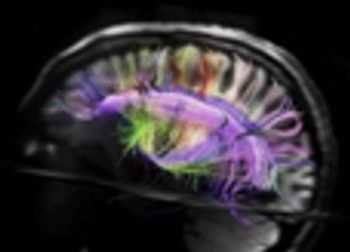
These findings advance knowledge about the link between brain inflammation and the progression of brain disorders and suggest possible targets for future treatments.
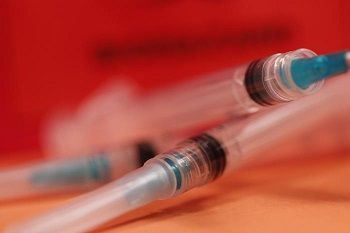
Approved for patients with relapsing forms of MS, the drug generally should be reserved for those who have had an inadequate response to 2 or more drugs indicated for MS treatment.
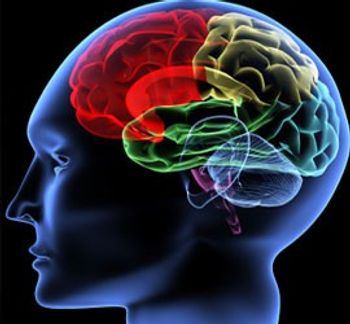
Some very recent research findings have added to the literature on the associations between migraine and depression, anxiety, and other disorders. Highlights here.
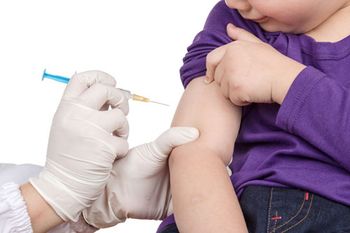
New study findings do not suggest a need for a change in vaccine policy, but even a small increased risk could have an effect on public health.

Published: July 1st 2014 | Updated:

Published: August 13th 2014 | Updated:

Published: September 9th 2014 | Updated:
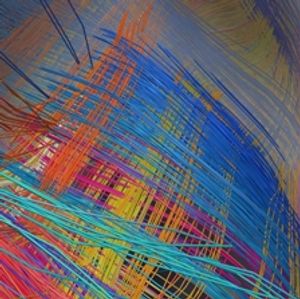
Published: November 20th 2014 | Updated:

Published: November 26th 2014 | Updated:
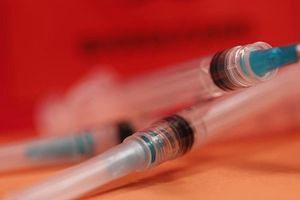
Published: November 18th 2014 | Updated: